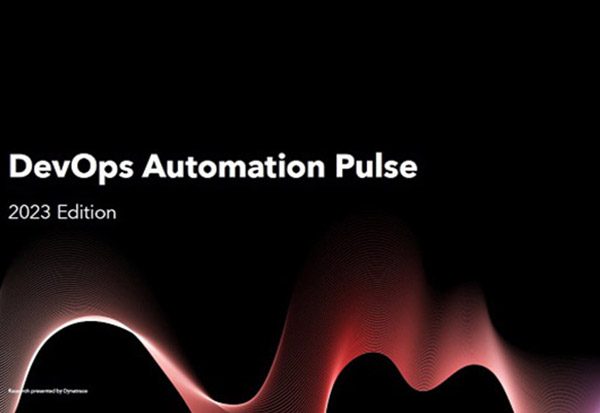DevOps automation has evolved from an efficiency drive to a strategic imperative as organizations continue the transition to cloud-native software delivery. The prevalence of Kubernetes architectures is driving the need for automated ecosystem orchestration, as technology environments have simply surpassed human ability to manage.
Organizations are attempting to meet this need with a growing array of open source tooling, bolted together with ever more complex DIY approaches. However, the cracks are now starting to show through this fragmented approach. Organizations are entrenched in silos of data, isolated pockets of single event-driven automation, and reactive operations.
Rising cost pressures are creating a greater urgency around the need for a more cohesive, intelligent, and enterprise-wide approach to automation, to drive efficiency and reduce wasted spend. To support this, organizations are looking towards data-driven automation that enables them to be more responsive to business needs. Their objective is to switch from being reactive to proactive, via predictive operations, pre-emptive remediation, and continuous optimization.
This can only be enabled through robust analytics capabilities, supported by multiple data modalities and methods of AI that are best aligned to specific DevOps automation use cases. Organizations need an AI that can continuously and instantly learn about the current state of an IT environment as it changes in real-time to provide precise and fact-based insights.
Traditional machine-learning-based approaches will be unable to meet this need, as they require time to train. However, these approaches can meet the additional need for an AI that can forecast future states based on historical data. In addition, organizations also need an AI that can use those insights to create meaningful recommendations and automation workflows.


